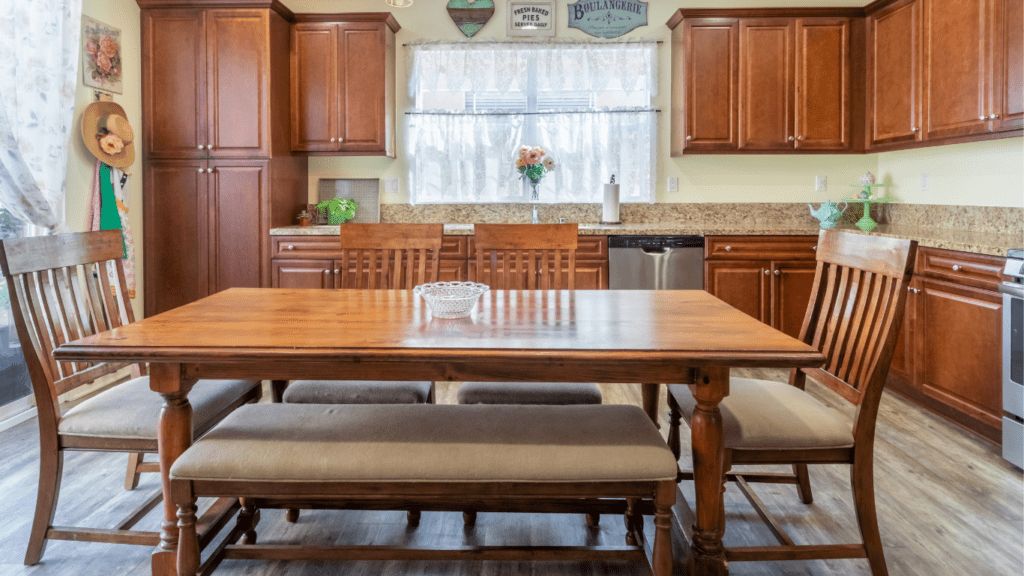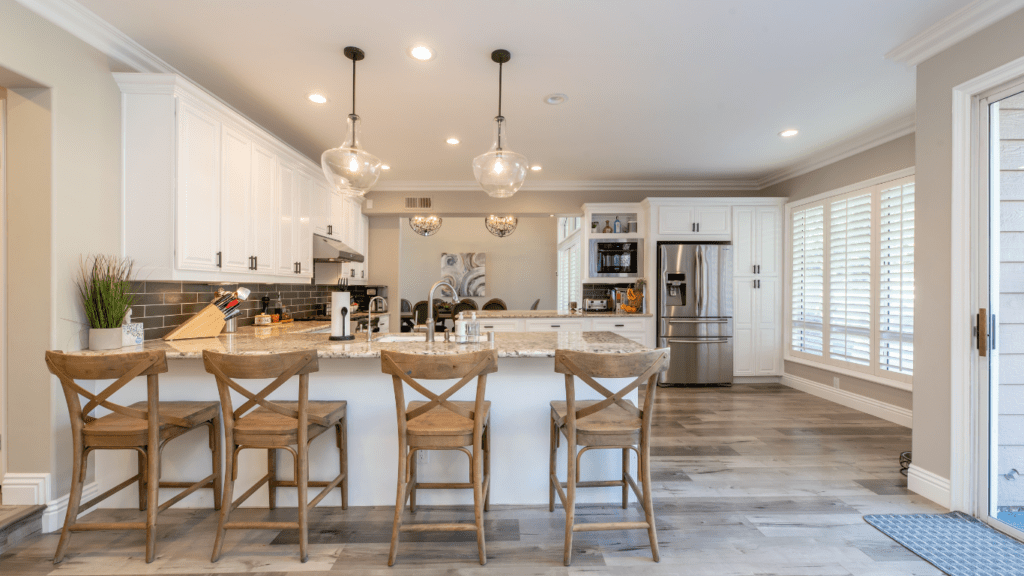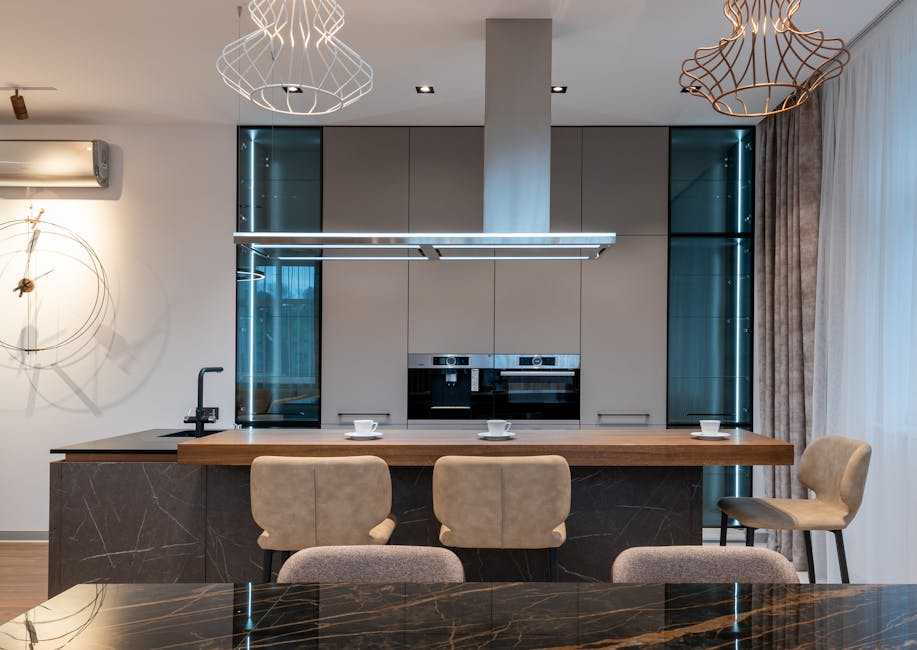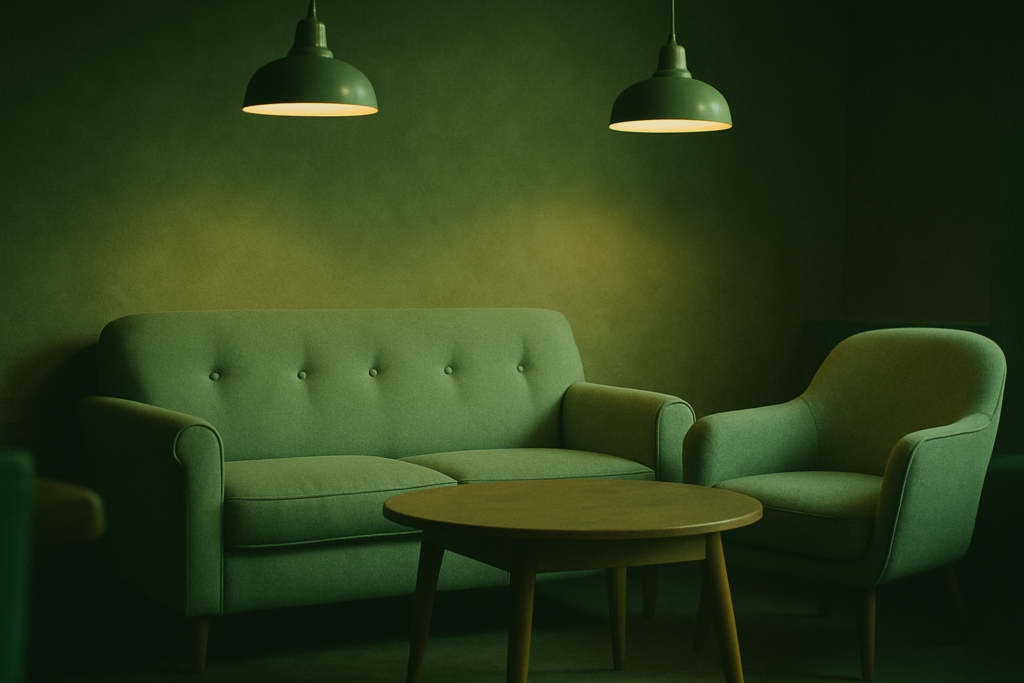Understanding Artisanal Furniture
Artisanal furniture stands apart from mass-produced items due to its unique characteristics and the dedication of its creators.
What Defines Artisanal Furniture?
Defined by quality, artisanal furniture showcases skilled craftsmanship and meticulous attention to detail. Individual artisans typically design and create each piece using traditional techniques. Materials often include sustainably sourced wood, metals, and textiles, adding to the exclusivity and longevity of the items. Unlike factory-made products, these pieces reflect the artisan’s creativity and expertise, making each one a work of art.
Importance of Craftsmanship
Craftsmanship plays a crucial role in artisanal furniture. Skilled artisans bring years of experience and knowledge to their work, ensuring each piece is functional and aesthetically pleasing. The dedication to using high-quality materials and traditional methods results in durable, timeless furniture. This emphasis on quality not only enhances the beauty of the pieces but also supports sustainable practices and small-scale production.
The Evolution of Bespoke Design
Bespoke design has seen remarkable transformations over time. By examining its historical roots and modern advancements, we can appreciate its enduring appeal and contemporary relevance.
Historical Perspectives
Early bespoke design emerged in the 18th century when wealthy patrons commissioned customized furnishings. Artisans and skilled craftspeople carefully handcrafted each piece, focusing on detailed carvings, inlays, and opulent materials. For instance, the Chippendale style, popular in England, exemplified personalized excellence in furniture design. Patronage and craftsmanship were paramount, reflecting status and taste.
Modern Trends
Today’s bespoke design is accessible to more people, transcending elitist origins. Contemporary makers combine traditional techniques with modern technology, like CNC machining and 3D printing, to customize pieces with precision. Bespoke furniture caters to individualized tastes with customizable options for materials, finishes, and dimensions. Consumers value sustainability, so many artisans use reclaimed wood and eco-friendly materials. The rise of online platforms has also democratized access to bespoke artisans, allowing customers to commission unique pieces from around the world.
Key Characteristics of Artisanal Decor

Artisanal decor stands out for its attention to detail and distinctive elements. It incorporates a blend of unique materials, customization, and personalization.
Unique Materials
Artisanal decor often uses materials not commonly found in mass-produced items. Examples include reclaimed wood, natural fibers like jute and hemp, and metals such as brass and copper. These materials not only contribute to the aesthetic appeal but also often have a lower environmental impact. Artisans take time to source sustainable materials, ensuring that each piece has a story and a reduced carbon footprint. With the increasing interest in sustainability, artisanal decor pieces incorporating eco-friendly materials are gaining popularity.
Customization and Personalization
A defining feature of artisanal decor is its high level of customization and personalization. Customers can request specific dimensions, finishes, and materials to match their tastes and needs. For example, a client might choose the type of wood for a coffee table, the fabric for cushions, or the finish for a metal lamp. This tailored approach creates decor that resonates personally with the owner, making each piece unique. Artisans often collaborate closely with clients, integrating their preferences and style elements to create bespoke items that reflect individual personalities and lifestyles. Custom pieces not only fit perfectly into existing decor but also add a unique, personal touch.
The Market for Bespoke Furniture
The bespoke furniture market focuses on unique, custom-made pieces that cater to individual tastes. This section examines popular brands, artisans, and consumer preferences driving this market.
Popular Brands and Artisans
Several brands and artisans stand out in the bespoke furniture business:
- Bespoke Innovations: Known for its highly customizable pieces, Bespoke Innovations uses both traditional techniques and modern technology. Customers can select materials, finishes, and dimensions.
- James Mudge Furniture Studio: This studio in South Africa is renowned for its handcrafted wooden furniture. Each piece reflects skill, quality, and sustainability.
- De la Espada: A luxury brand that collaborates with leading designers, De la Espada emphasizes handcrafted techniques and high-quality materials.
- Hudson Furniture: Based in New York, Hudson Furniture uses sustainably sourced, live-edge wood slabs to create one-of-a-kind furniture pieces.
Consumer Preferences and Trends
Consumer preferences in the bespoke furniture market reflect a desire for unique, customized pieces:
- Sustainability: Many consumers prioritize eco-friendly practices, favoring artisans who use reclaimed wood, natural finishes, and low-impact materials.
- Customizability: Customers seek personalization, choosing specific dimensions, materials, and finishes that align with their lifestyles and tastes.
- Quality Over Quantity: There’s a shift towards investing in high-quality pieces that offer durability and timeless design rather than mass-produced furniture.
- Technology Integration: As technology advances, the use of CNC machining and 3D printing allows for greater customization and precision in furniture design.
The market is dynamic, driven by an increasing appreciation for artisanal craftsmanship, sustainability, and individualized design.
Benefits of Investing in Bespoke Design
Investing in bespoke design offers numerous advantages over mass-produced furnishings. Let’s explore the key benefits that make this choice appealing.
Quality and Durability
Bespoke design often surpasses mass production in quality and longevity. Each piece crafted by artisans undergoes meticulous attention to detail. For example, furniture made from reclaimed wood often showcases both durability and sustainability. Artisans use superior materials and traditional techniques to ensure long-lasting pieces, unlike mass-produced items that may rely on cheaper alternatives. This focus on quality results in furniture that withstands daily use, reducing the need for frequent replacements and therefore the environmental impact.
Aesthetic and Cultural Value
Bespoke design enriches homes by adding aesthetic uniqueness and cultural meaning. Custom pieces often incorporate intricate designs or patterns that reflect local traditions or personal stories. For instance, a hand-carved chair from a local craftsman might display regional motifs, providing a link to cultural heritage. Personalization options enable individuals to choose finishes and dimensions that suit their specific tastes. This results in decor that not only enhances visual appeal but also tells a story, making each piece a conversation starter and a reflection of the owner’s personal journey.



 Founder & CEO
Irenee Nunezerro is the visionary founder and CEO of Luxe House Maker, with over 15 years of experience in luxury real estate and interior design. Known for her expertise in blending opulence with innovation, Irenee launched Luxe House Maker to provide readers with comprehensive updates on the latest trends in high-end properties, interior décor, and smart home technology. Her passion for creating luxurious, technologically advanced spaces has positioned Luxe House Maker as a leading resource for those seeking to elevate their lifestyles. Irenee’s commitment to delivering cutting-edge content ensures that Luxe House Maker stays at the forefront of the luxury market.
Founder & CEO
Irenee Nunezerro is the visionary founder and CEO of Luxe House Maker, with over 15 years of experience in luxury real estate and interior design. Known for her expertise in blending opulence with innovation, Irenee launched Luxe House Maker to provide readers with comprehensive updates on the latest trends in high-end properties, interior décor, and smart home technology. Her passion for creating luxurious, technologically advanced spaces has positioned Luxe House Maker as a leading resource for those seeking to elevate their lifestyles. Irenee’s commitment to delivering cutting-edge content ensures that Luxe House Maker stays at the forefront of the luxury market.
